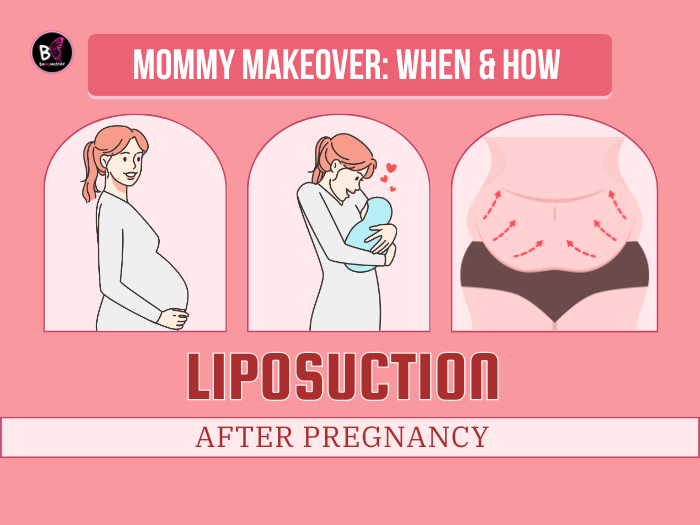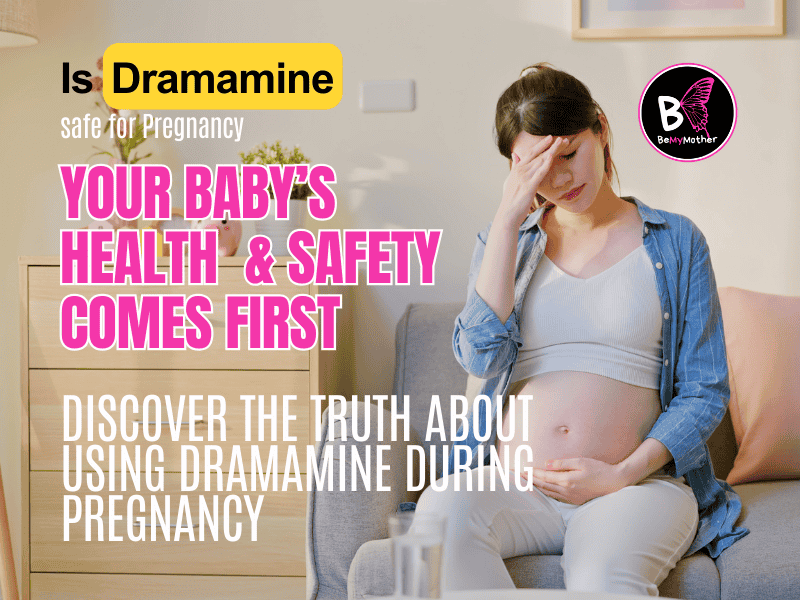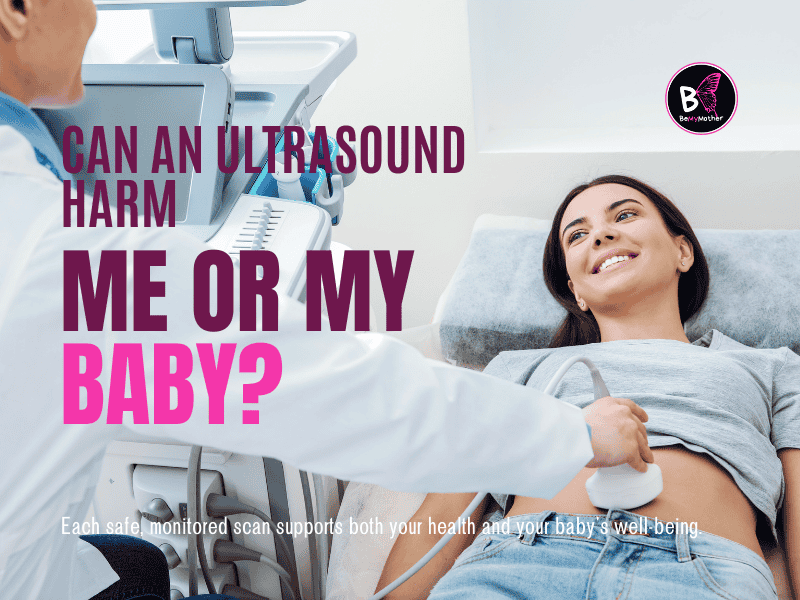📌 Quick Answer: Liposuction after pregnancy is generally safe, but doctors recommend waiting at least 6 months to 1 year to allow full postpartum recovery. The best time depends on individual factors like C-section healing, breastfeeding, and overall health. Consult a board-certified surgeon before proceeding.
Bringing a baby into the world is a beautiful experience, but many moms struggle with post-pregnancy body changes. Stubborn fat, loose skin, and stretched abdominal muscles can make it difficult to regain a pre-pregnancy shape. If diet and exercise haven’t worked, liposuction after pregnancy may be an option. But when is the right time, and how safe is it? Let’s break down everything you need to know.
1. Liposuction After Pregnancy: When Is the Right Time?
Liposuction is a cosmetic procedure that removes excess fat from targeted areas like the abdomen, thighs, hips, and arms. However, timing is crucial after childbirth to ensure the best results.
How Long Should You Wait?
Most surgeons recommend waiting at least:
- 6 months if you had a vaginal delivery.
- 12 months if you had a C-section.
This waiting period allows:
✅ Hormones to stabilize.
✅ Skin to regain elasticity.
✅ The uterus to shrink back to normal size.
✅ Time for weight fluctuations to settle.
🔍 Research Insight: A review in PMC recommends waiting at least six months after childbirth before considering liposuction to allow full hormonal and physical recovery.
📖 Source: PMC Study
2. Liposuction vs. Tummy Tuck: Which Is Better After Pregnancy?
Many new mothers wonder whether liposuction or a tummy tuck is the right choice for regaining their pre-pregnancy body. While both procedures can enhance abdominal contours, they serve distinct purposes:
| Procedure | Best For | What It Does |
| Liposuction | Excess fat | Removes fat but does not tighten skin or muscles. |
| Tummy Tuck (Abdominoplasty) | Loose skin & muscle separation | Removes excess skin, tightens abdominal muscles, and may include liposuction. |
If you have significant skin laxity and stretched muscles, a tummy tuck may be the better option. However, if your primary concern is stubborn fat with good skin elasticity, liposuction alone may provide satisfying results. Consulting a surgeon can help determine the best approach for your body.
🔍 Research Insight: According to Dr. Raja Mohan, liposuction is best for excess fat, while a tummy tuck is better for loose skin and muscle repair after pregnancy.
📖 Source: Dr. Raja Mohan’s Article
💡 Related Article: Worrying about beauty and body changes after pregnancy? Why Is Tummy Tuck Good for Post Pregnancy? 9 Life-Changing Expert-Backed Insights dives deep into how a tummy tuck might be the right choice for restoring your body, especially when you’re weighing it against liposuction.
3. Does Pregnancy Permanently Change Your Body?
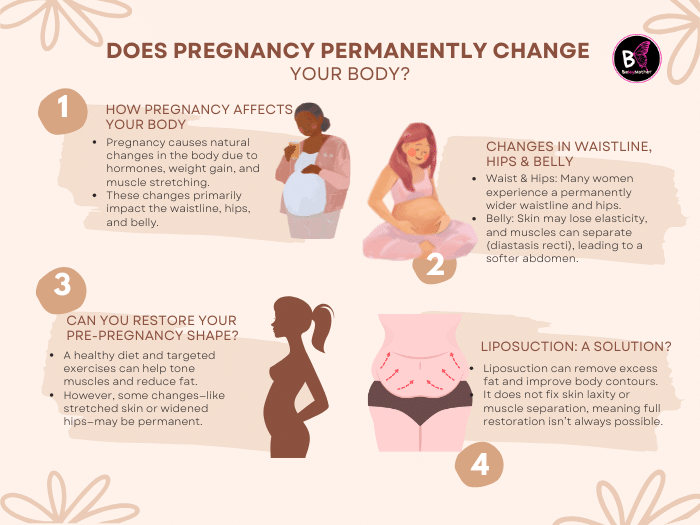
Pregnancy brings significant physical changes as the body adapts to support a growing baby. The stretching of the abdomen, widening of the hips, and shifts in body composition can lead to long-term differences in appearance. Common post-pregnancy body changes include:
✅ Wider hips due to pelvic expansion, which may not fully return to their pre-pregnancy width.
✅ Weakened abdominal muscles (diastasis recti), causing a persistent belly bulge.
✅ Stubborn belly fat that doesn’t go away with diet/exercise.
Can liposuction fully restore your pre-pregnancy body? Yes and no. Liposuction can remove fat, but it does not tighten skin or repair muscle separation.
🔍 Research Insight: A study in PubMed Central confirms that pregnancy leads to permanent body shape changes, and while liposuction helps, it cannot reverse all changes.
📖 Source: PubMed Central
4. Liposuction After a C-Section: What You Need to Know
If you had a C-section, liposuction may still be an option, but special considerations apply.
Is it safe to have liposuction after a C-section?
Liposuction can be safely performed after a C-section, but it’s crucial to wait until the incision has fully healed and the body has stabilized post-surgery.
Special considerations for C-section moms
C-section moms need to ensure the incision site is fully healed and there are no complications before undergoing liposuction. Consultation with both a plastic surgeon and an obstetrician is advisable.
Things to Keep in Mind:
- Wait at least 6-12 months for the incision to heal.
- Scar tissue may affect fat removal near the incision.
- Swelling lasts longer after a C-section, delaying results.
🔍 Research Insight: Dr. Anmol Chugh states that liposuction is safe after a C-section, but waiting 6-12 months ensures proper healing.
📖 Source: The Best Time to Have Liposuction
💡 Related Article: Caring for yourself after childbirth includes looking after your smile too! 8 Essential Facts: Invisalign During Pregnancy – A Comprehensive Guide covers important information on maintaining oral health during pregnancy.
5. Recovering from Liposuction After Childbirth
15 Things NOT to do After Having Liposuction
What to Expect:
✅ Swelling & Bruising Following liposuction, expect swelling and bruising in the treated areas, typically lasting for about 2 to 4 weeks
✅ Compression Garment Wearing a compression garment is essential for 4 to 6 weeks to minimize swelling and support the healing process
✅ Full Results The final results of liposuction become visible after 3 to 6 months as the body fully adjusts
Post-Liposuction Recovery Tips:
✔ Hydration & healthy eating – Staying hydrated and maintaining a healthy diet can help reduce swelling and promote overall healing. Eating healthy foods supports the healing process
✔ Avoid heavy lifting – Refrain from heavy lifting, including carrying your baby, for at least 2 weeks to prevent complications. During this time, patients should rest and avoid strenuous activities
✔ Gentle movement – Incorporate gentle movement, such as walking, to improve circulation and speed up the recovery. Most people can return to light daily tasks after a week
💡 Related Article: Staying hydrated post-pregnancy is crucial! Pregnancy Hydration Drink: 8 Best Ways to Stay Hydrated for a Healthy Pregnancy offers expert tips for staying hydrated, which supports your recovery after liposuction.
6. Can Pregnancy Affect Liposuction Results?
What if you get pregnant again after liposuction?
What happens if you get pregnant again after liposuction?
Getting pregnant again after liposuction can alter the results, as weight gain during pregnancy can lead to fat accumulation in different areas of the body.
Can fat return after liposuction?
While liposuction permanently removes fat cells, remaining fat cells can still enlarge with weight gain. Maintaining a healthy lifestyle through diet and exercise is crucial for preserving liposuction results.
✔ Good news: Liposuction permanently removes fat cells in treated areas.
❌ Bad news: Pregnancy can cause new fat deposits elsewhere.
Will Fat Return After Liposuction?
If you gain weight, the remaining fat cells can expand. But with proper diet and exercise, your results can last long-term.
💡 Related Article: Worried about how cosmetic treatments like laser hair removal may affect you postpartum? Is Laser Hair Removal Safe During Pregnancy? 10 Crucial Facts You Need to Know answers your questions about the safety of beauty procedures while you’re in the recovery phase.
7. Liposuction Pain vs. C-Section Pain: Which Is Worse?
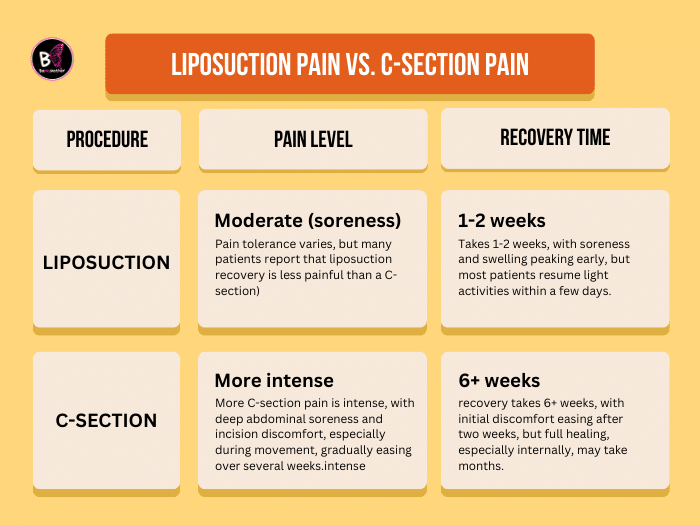
Many women say liposuction pain feels like muscle soreness, whereas C-section pain is sharper and lasts longer.
8. Postpartum Belly Wraps and Bands: Do They Work?
Many new moms use belly wraps after pregnancy or liposuction to:
✅ Support abdominal muscles.
✅ Reduce swelling.
✅ Provide gentle compression for comfort.
While belly wraps don’t remove fat, they can help with posture and healing.
9. The Best Age for Liposuction: Does It Matter?
Liposuction is effective at any age, but younger skin has better elasticity, meaning smoother results.
Is liposuction only for younger individuals?
Liposuction is not exclusively for younger individuals. However, skin elasticity tends to decrease with age, which can affect the overall results.
How age and skin elasticity affect results
Younger skin with good elasticity tends to retract better after liposuction, resulting in smoother contours. Older individuals may require additional procedures to address loose skin.
Ideal Candidates:
✔ Ages 25-45 (best skin elasticity).
✔ Healthy weight & stable BMI.
10. Is Liposuction Safe? Risks, Myths, and What to Expect
Liposuction is generally safe when performed by a board-certified surgeon, but understanding the safety profile of liposuction is crucial before making a decision.
The safety of liposuction, especially post-pregnancy
When performed by a qualified surgeon, liposuction is generally considered safe. However, like any surgical procedure, it carries risks such as infection, bleeding, and adverse reactions to anesthesia. It is particularly important for women who have recently given birth to consult with their surgeon and ensure they are fully recovered before considering liposuction.
Common myths and misconceptions about the procedure
Common myths include the belief that liposuction is a weight-loss solution or a cure for cellulite. In reality, it’s a body-contouring procedure that removes localized fat deposits. Liposuction is not designed to treat overall obesity or skin imperfections such as cellulite. It’s important to have realistic expectations and understand the procedure’s true purpose.
🔍 Research Insight: A systematic review confirms that liposuction is safe for postpartum patients when performed by trained professionals.
📖 Source: ResearchGate
FAQ Section: Answering Common Questions About Liposuction After Pregnancy
Q1: How long after pregnancy can you get liposuction?
A1: It’s generally recommended to wait at least 6 months to a year after childbirth before getting liposuction, allowing your body to heal and hormones to stabilize.
Q2: Can I have liposuction after a C-section?
A2: Yes, but doctors usually recommend waiting at least 6-12 months after a C-section to allow proper healing and avoid complications.
Q3: Does liposuction hurt more than a C-section?
A3: Pain tolerance varies, but many patients report that liposuction recovery is less painful than a C-section, with discomfort similar to intense muscle soreness.
Q4: Can the fat come back after liposuction?
A4: If you gain weight, fat can return in different areas. Maintaining a healthy lifestyle helps preserve liposuction results.
Q5: Does pregnancy permanently change your body shape?
A5: Pregnancy can lead to lasting changes in hips, belly, and skin elasticity. Liposuction can remove excess fat, but it does not tighten loose skin.
📌 Conclusion: Should You Get Liposuction After Pregnancy?
In conclusion, considering “liposuction after pregnancy” involves weighing various factors such as recovery time, individual body changes, and future pregnancy plans. Following medical advice and adopting a healthy lifestyle are key to achieving the best possible results and maintaining long-term satisfaction. Consult with qualified professionals to assess your specific needs and make an informed decision about your post-pregnancy body contouring options.

